BE NICE
|
Ever since Bob Sutton wrote The No Asshole Rule, there's been a pretty broad movement underway to eradicate dysfunctional jerks from the workplace. I've got a problem with that for a number of reasons. 1. Judging character is entirely subjective. Beauty is in the eye of the beholder. So are most human attributes. And different business cultures accept different types of behavior. 2. Everyone's a jerk sometimes. Even you. 3. Jerks have a right to work too. And they can be great workers. Bosses, too. All that said, there are lots of very good reasons why, all things being equal, you should at least try to be nice to people, especially in this era of social media and political correctness. Now, don't get me wrong. I'm not saying you should be a pushover, a doormat, weak, or any other negative quality that people often associate with being nice. You can be a fierce competitor, a strong leader who fights to win and takes no prisoners, and still be nice. Fair. Professional. And you should, because it's good for your career and your business. Not only that, but it'll probably make you happier, too. Here's why. Everybody's watching and it lasts a lifetime. Let's face it; when you act like a jerk, you look and sound like a jerk. In the past, folks had to personally see or hear you behaving that way. Now, your behavior can be captured and immortalized for all the world to see forever and ever on video, email, text messages, whatever. Once it's posted on the Internet, it never goes away. It motivates, empowers, and inspires people. If you're an abusive, egotistical, controlling maniac, it really turns people off. That can't be good for team effectiveness and productivity. On the flipside, positive qualities like being fair and respectful aren't just endearing, they're good leadership qualities, as well. Business is all about relationships. Business is about transactions, and every transaction has a buyer and a seller. That's a relationship. And relationships are impacted by behavior. Good behavior means good relationships. Bad behavior, well, you get the idea. Every company exists in a cooperative ecosystem. We work in a complex business world where every company relies on infrastructure, distribution, outsourcing, marketing channels--all sorts of partnerships. And every company has choices of who to work with. If you're a jerk, someone you need may choose to partner with one of your many competitors instead of you. Networking spells opportunity. Networking and schmoozing have always been critical for recruiting, partnerships, relationships, and gaining exposure to new opportunities. But in the era of social networks, they're even more important than ever. It helps if you've got a genuine sense of humor, humility, and perhaps some other attractive traits. Karma: It's not just for the afterlife. When we see someone behaving badly, we often ask, "How can he do that? How can he live with himself?" Well, we're not always aware of how we appear to others. We all compartmentalize things we really don't want to be consciously aware of. But here's the thing. On some subconscious level, we usually are aware of what we do. And it sticks with us. Bad behavior doesn't just come back to haunt us. It haunts us in real time, as well. You're just not aware of it. You're better off finding out sooner rather than later. We're not all as self-aware as we'd like to be. Some of us see ourselves very differently from how others see us. If you're not sure how others perceive your behavior, you're better off finding out now while you still have time to do something about it, don't you think? Steve Tobak is a management consultant, executive coach, and former senior executive of the technology industry. He's managing partner of Invisor Consulting, a Silicon Valley-based strategy consulting firm. Contact Tobak; follow him on Facebook, Twitter, or LinkedIn. @SteveTobak Bron: http://www.inc.com/steve-tobak/why-you-should-be-nice-to-people.html?cid=em01020week12b&nav=su |





